10 vital principles for a healthy liver
The liver is our largest internal organ and works tirelessly to filter our blood, regulate hormones, manufacture bile which is needed to breakdown fat, and to store essential vitamins, minerals and iron. It is the liver’s responsibility to facilitate proper nutrient absorption, to breakdown alcohol and medications and to eliminate toxins from the body. If the health of your liver is compromised, it may cause a sluggish metabolism, inadequate circulation, hormone imbalances, improper blood filtering and poor digestion.
As the liver is involved in so many important functions, it is critical to support this vital organ as best you can. Here are some tips to naturally improve liver function:
1. Follow an anti-inflammatory diet
This means eliminating or reducing inflammatory foods such as sugar, refined flour, wheat, rye, barley, oats and rice and increasing your intake of vegetables and fruits, good protein sources and good fats. Raw vegetables and fruits are the most powerful liver cleansing foods, and it is recommended to consume a variety of these foods. It is particularly important to have plenty of green, leafy vegetables as they are anti-inflammatory and loaded with antioxidants. It is important to consume protein with every meal as it promotes fullness, reduces cravings, and stabilises blood sugar levels. Chicken, seafood, eggs, lean meat, certain cheeses and whey protein powder are great protein sources. Healthy fats are required to support optimal liver function and a healthy metabolism. Healthy fats are found in avocadoes, seafood, cold pressed olive oil, coconut oil, nut oils, raw nuts and seeds.
2. Start your day right
First thing in the morning have a glass of filtered water with the juice of half a lemon. This will stimulate your liver and digestion for the day. Fresh lemon supports good immunity, aids digestion, and detoxifies the liver. This simple step stimulates the liver and kickstarts digestion for the day ahead.
3. Stay hydrated
It is essential to drink between 1.5 and 2l of water a day to support your liver’s duty as an internal cleanser. The liver needs to be adequately hydrated to support the elimination of toxins and reduce blood pressure. Keeping your fluids up is also effective for supporting weight loss, good metabolism and adequate cell function. For extra flavour, you may wish to add some strawberries, blueberries, mint or citrus fruits to your filtered water.
4. Reduce stress
If you are someone who experiences a great deal of stress this can cause mental, emotional and physical exhaustion. In the part of the brain that controls the liver, stress was found to decrease blood flow and be a possible trigger for liver damage. To protect the liver, it is essential to find ways to combat stress such as yoga, meditation, reading a book or listening to some relaxing music.
5. Minimise toxin exposure
Eliminate or reduce the use of toxins in your home such as deodorants, air fresheners, insect sprays, cleaning products, perfumes, and dyes. Try to buy organic foods when possible to avoid high levels of pesticides. Do not use plastic when heating food in the microwave, or avoid microwaves altogether. Invest in an indoor plant that can absorb toxins in your home, and have a window open for at least 15 minutes per day to prevent toxin build-up.
6. Chew your food properly
A lot of people underestimate the importance of chewing your food properly. There are a large majority of people who may only chew their food 5 to 7 times before swallowing. This means that large food particles aren’t being adequately digested in the mouth causing extra work and stress on the rest of the digestive system to break down these foods. Ideally, food should be chewed 15 to 20 times to give your digestive enzymes sufficient time to break food down properly and reduce the workload on the rest of the digestive tract. The simple act of chewing your food properly, reduces the chances of overeating and dealing with uncomfortable digestive symptoms such as reflux, bloating and flatulence.
7. Eat smaller meals
Sitting down to a large meal can be very taxing on the liver as it has to breakdown a greater volume of food. By eating smaller meals more frequently, you are placing a lesser load on the liver and the energy from your meals is spread out over the day, reducing the amount of fat that is stored by the liver.
8. Invest in a good quality liver tonic
A liver tonic that is well formulated would contain St Mary’s Thistle, B vitamins, taurine, selenium and turmeric. Taking a liver tonic can promote the repair of damaged liver cells, facilitate fat burning, aid weight loss, and support the detoxification pathways of the liver. Taurine stimulates bile flow to support adequate digestion, turmeric reduces inflammation, and selenium is a powerful antioxidant and anti-inflammatory.
9. Exercise regularly
For the liver to be able to do its job properly, adequate circulation is required to allow proper filtering of blood and cleansing. If you have inadequate blood flow your body becomes stagnant and you become more susceptible to disease due to lack of blood flow. Participating in exercise or regular physical activity encourages the heart to pump more blood and the liver is more capable of releasing blood to important organs. Good forms of exercise include walking, running, cycling, swimming and strength training.
10. Reassess your medications
In today’s society, it is very common for many people to use multiple prescribed and OTC medication. This is referred to as polypharmacy and can affect up to 40% of elderly people. The chances of polypharmacy increase for patients who see multiple doctors or specialists and have different medications prescribed for the particular symptoms they present with. Also, many individuals don’t realise that some of the medications they have been taking for years are not designed to be taken long-term. The use of various medications can put a great deal of stress on the liver, and cause a number of health concerns. To minimise these concerns, we urge you to see your healthcare professional once a year to check your health supplements and medications and see if you need to adjust your dosage or perhaps stop taking some altogether.



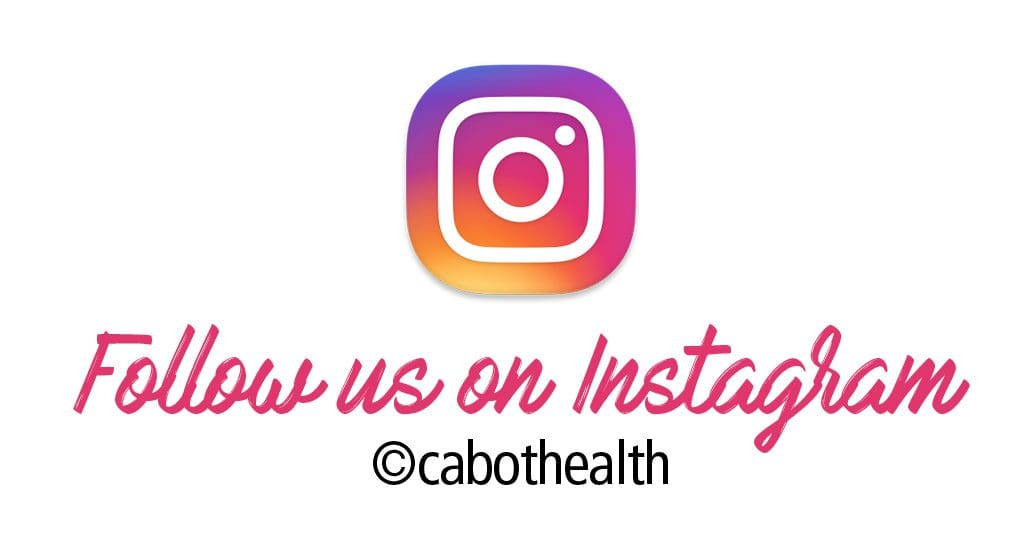







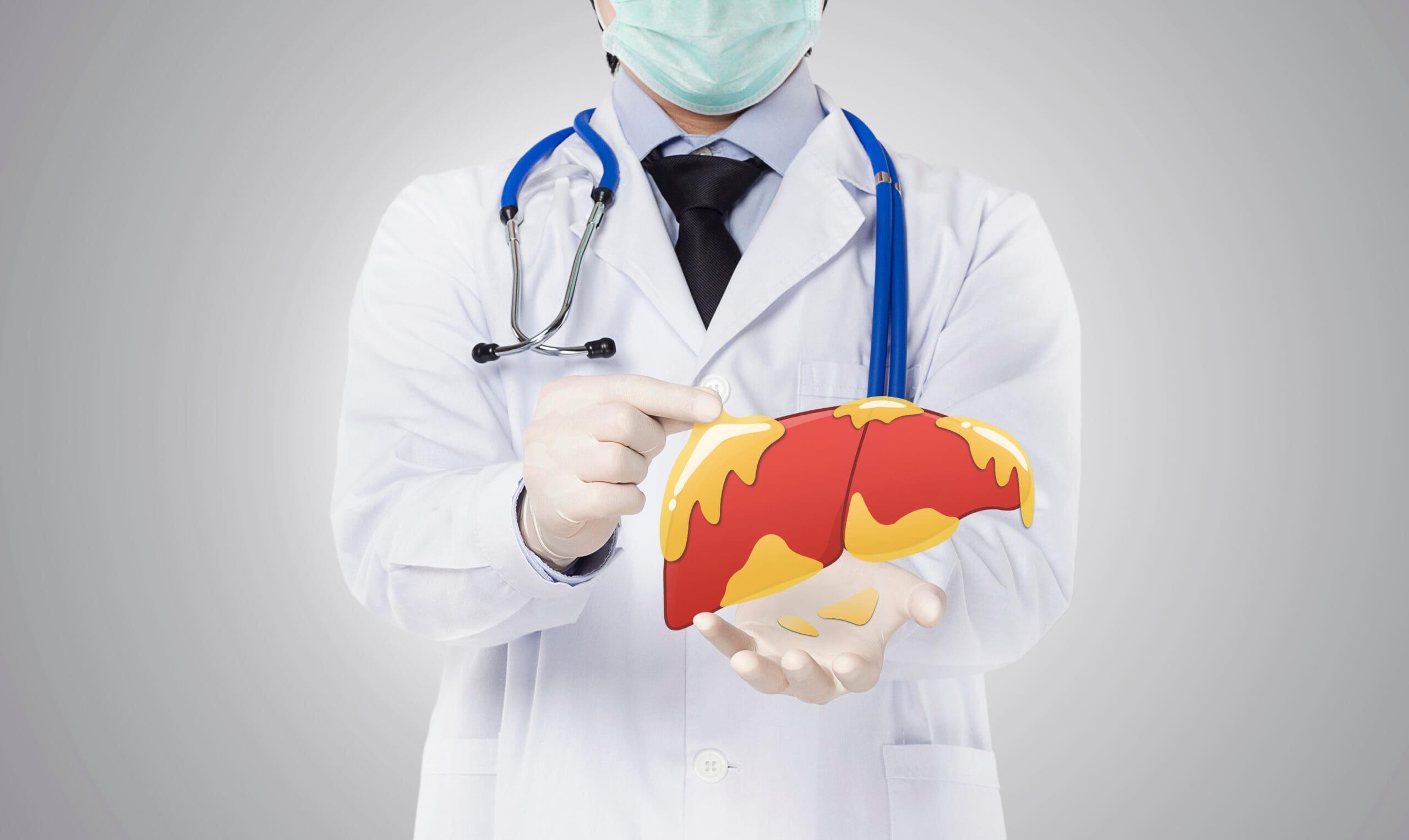

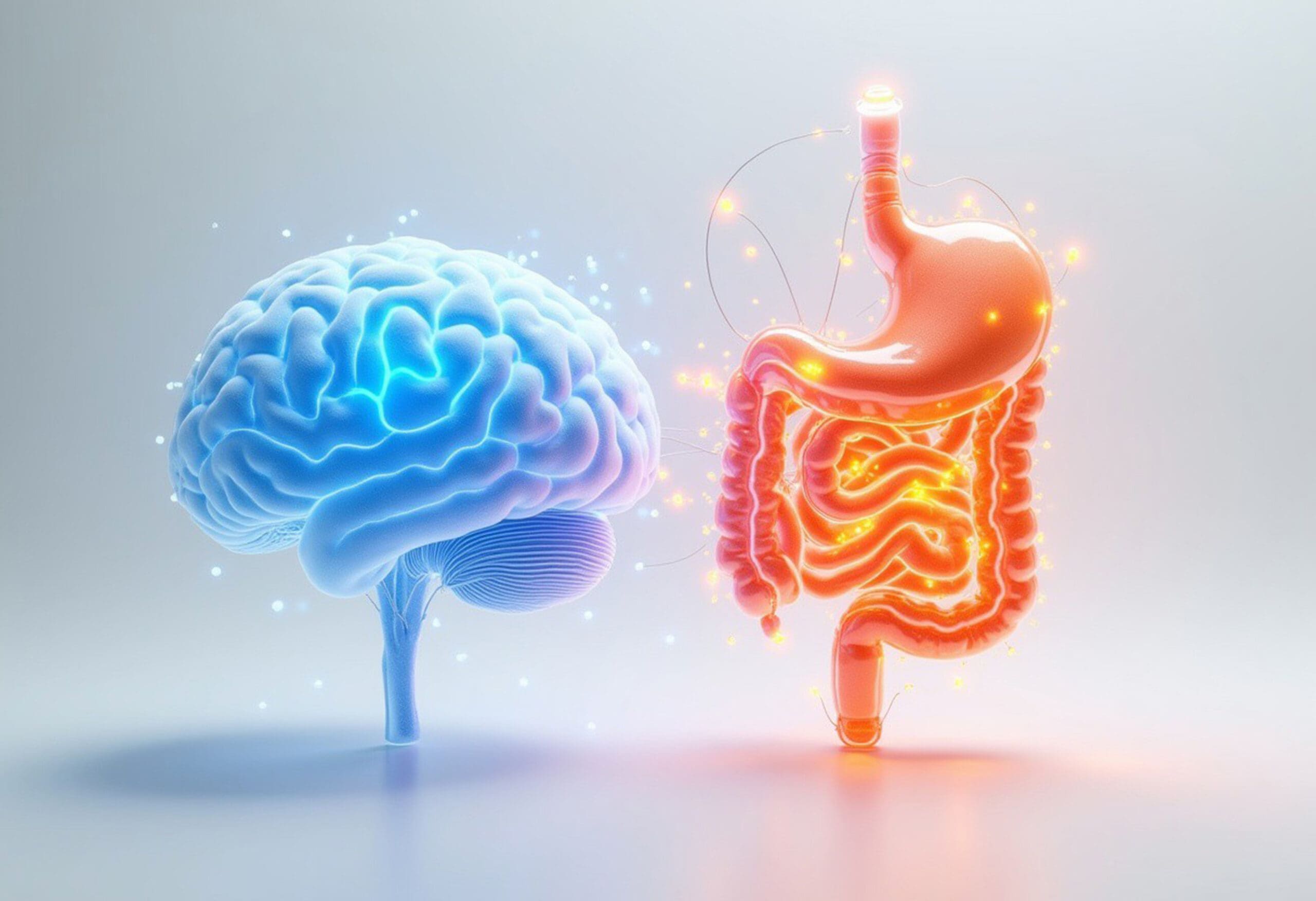
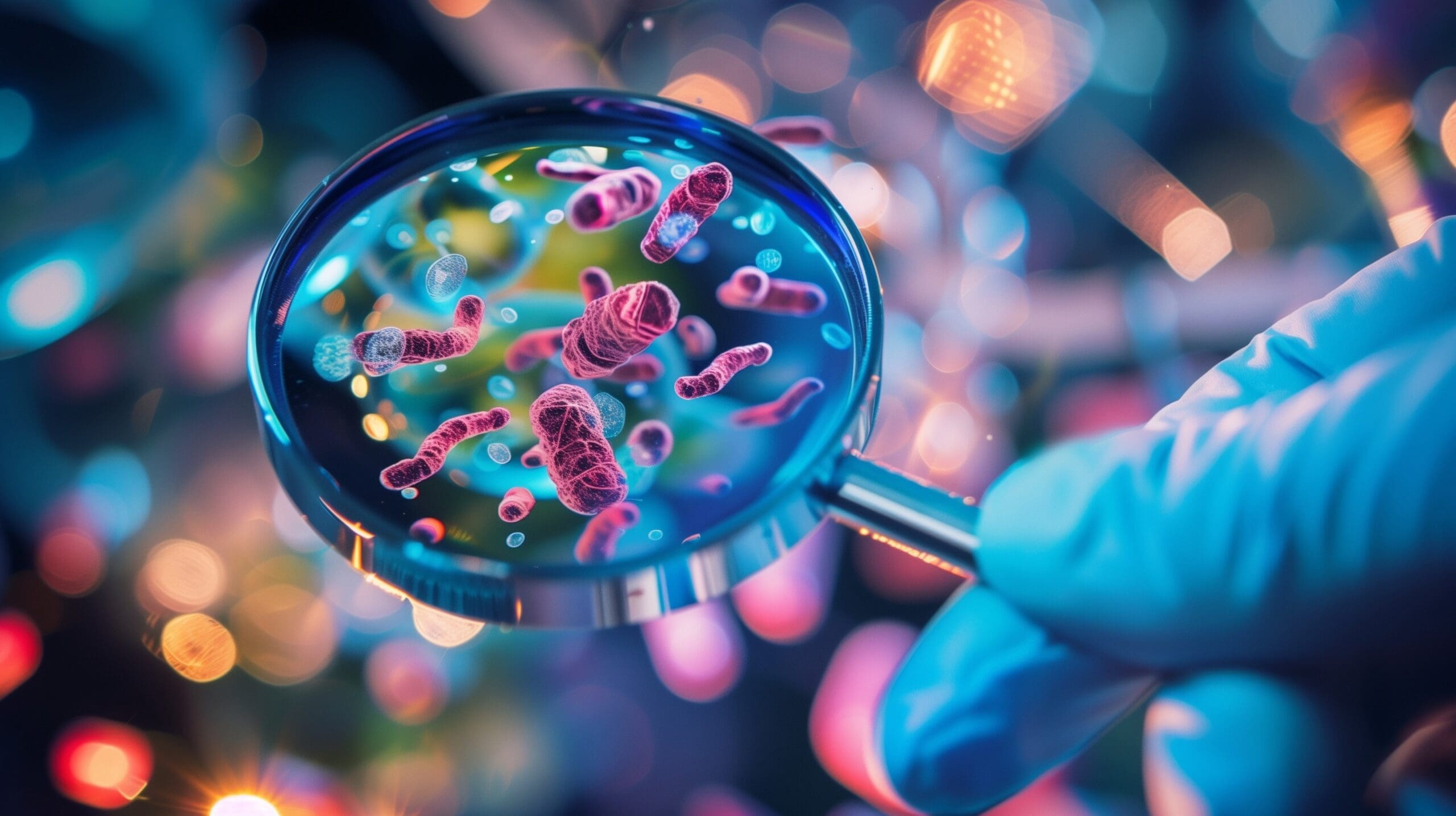
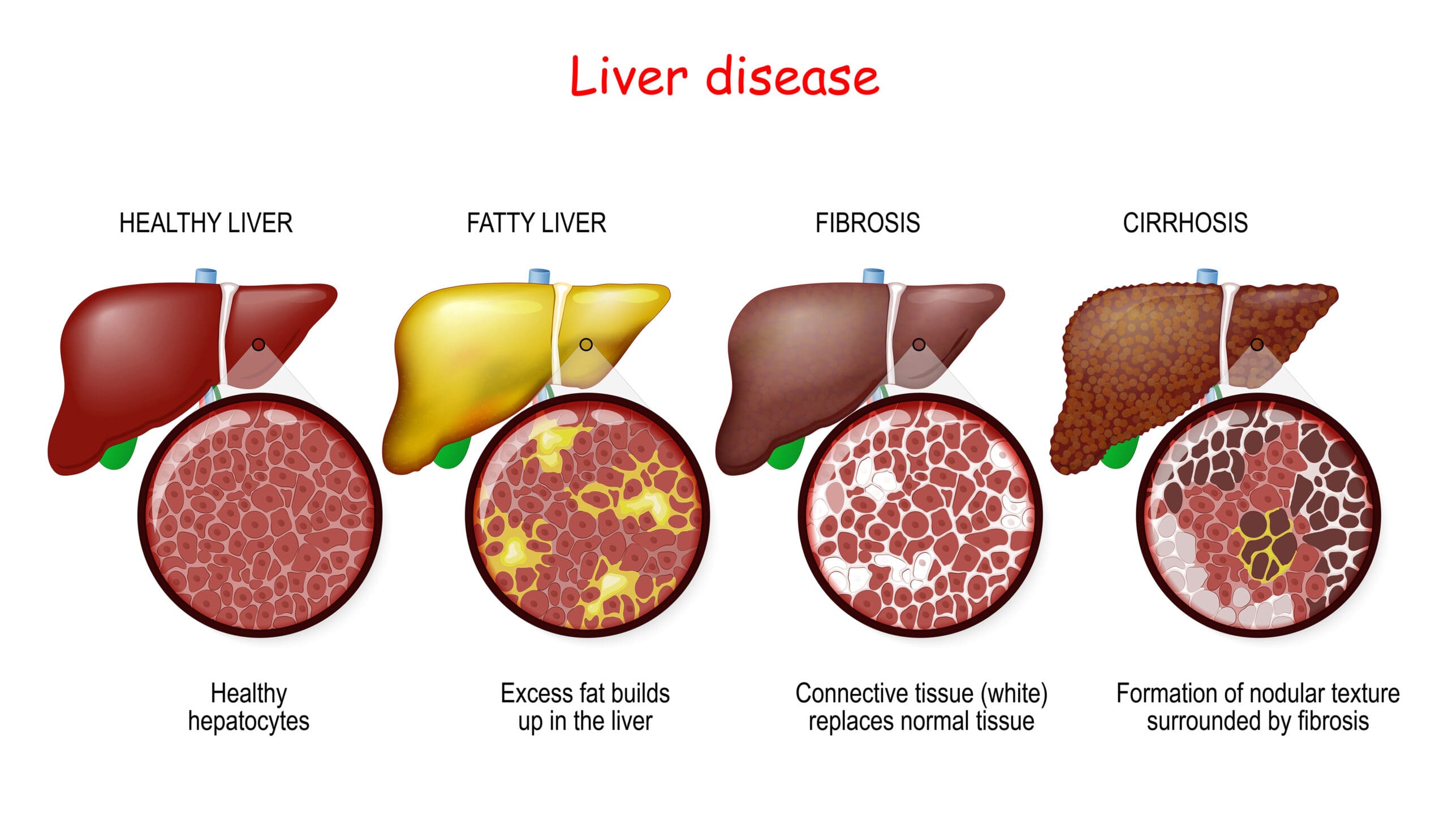
Leave A Comment